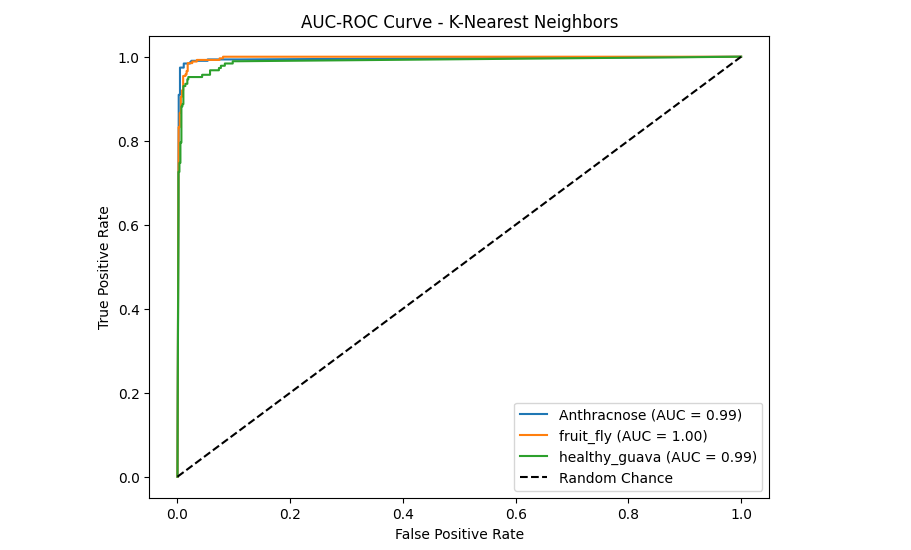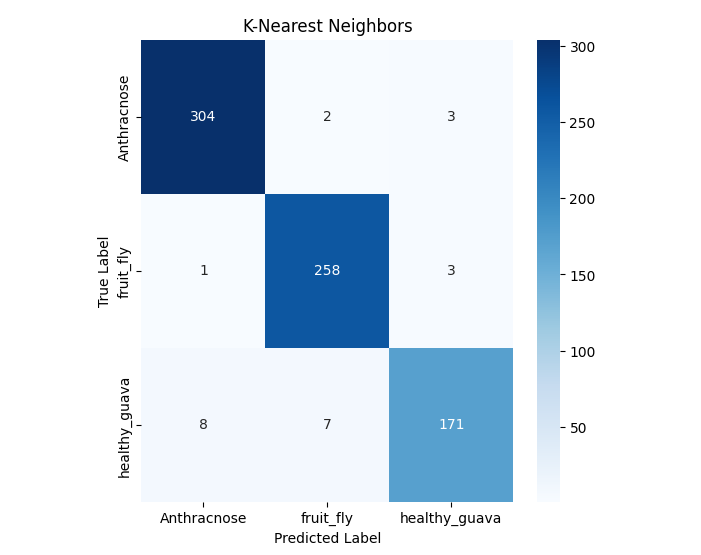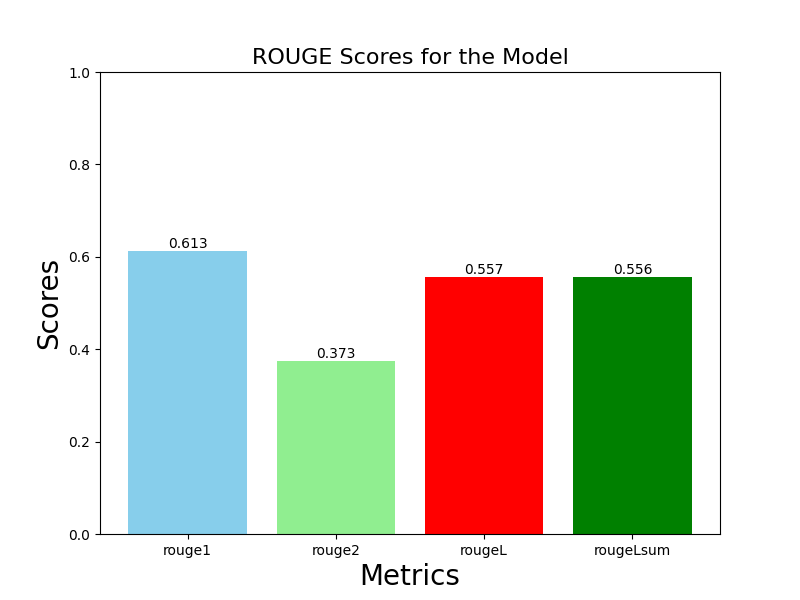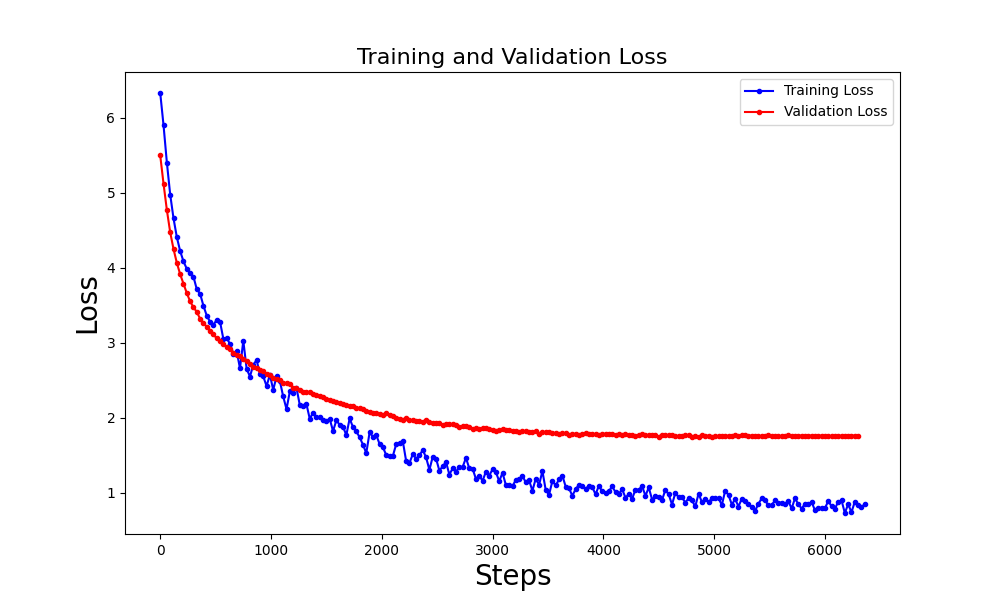Hybrid Deep Learning and Machine Learning Approach for Early Guava Disease Detection & Classification


Abstract: Guava (Psidium guajava) produces a colorful fruit full of fiber, vitamins, and antioxidants. Through their roles in blood sugar regulation, heart health, weight management, and immunity, these essential nutrients provide several scientifically supported health advantages. This study aims to categorize several guava diseases so that producers can take preventive measures. Early detection of disease helps producers minimize losses by detecting and eliminating diseases in a timely manner. We apply both deep learning and conventional machine learning techniques for early detection. Two distinct data sets are used from the Mendeley Data website. Anthracnose, fruit flies, and healthy are the three classes into which guava infections are divided in one dataset, Guava Fruit Disease Dataset (GFDD). InceptionV3 is used for feature extraction, PCA for dimension reduction, and the K-Nearest Neighbors (KNN) method is used for classification, which produces a precision rate of 96.83%. The second data set focuses on the four disease classes, Guava Fruits and Leaves Dataset (GFLD): Canker, Mummification, Rust, and Dot. With the help of VGG19 and KNN, we extract features with an average accuracy of 69%.
A Transformer-Based Approach for Summarizing Employee Logs



Abstract: Efficient summarization of employee daily logs is crucial for organizational productivity. This study utilizes the Google Pegasus model to enhance summarization, addressing traditional challenges with complex document structures. A dataset of daily work logs from a software development firm was augmented with advanced Generative AI techniques. The Pegasus model was fine-tuned with an input token length of 1024 and an output token length of 128. Evaluated using the ROUGE metric, the model achieved a ROUGE-1 score of 0.613, ROUGE-2 score of 0.373, ROUGE-L score of 0.557, and ROUGE-Lsum score of 0.556, demonstrating strong performance in generating coherent and contextually relevant summaries.